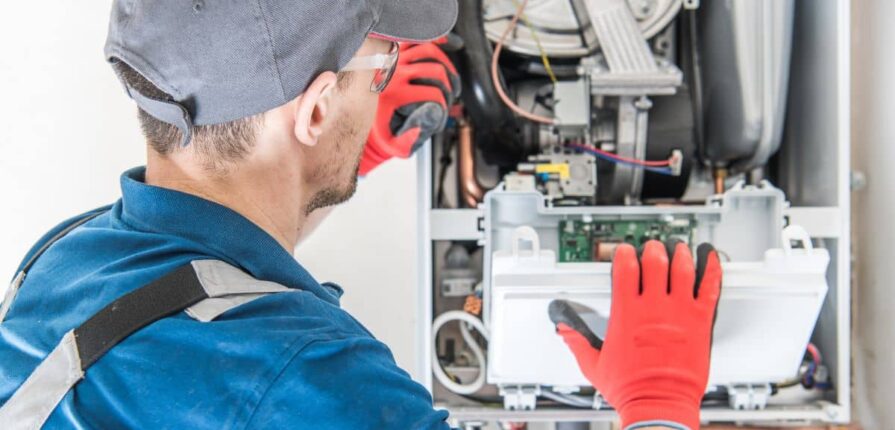HVAC Repair: Keeping Your Heating and Cooling Systems Running Smoothly
When your home’s temperature suddenly becomes uncomfortable, a faulty HVAC (Heating, Ventilation, and Air Conditioning) system is often the culprit. Whether it’s a sweltering summer day or a freezing winter night, reliable HVAC repair services are essential to restoring comfort and ensuring energy efficiency. Here’s what you need to know about HVAC repair, common issues, and when to call a professional.
What Is HVAC Repair?
HVAC repair involves diagnosing and fixing problems in heating and cooling systems, which include air conditioners, furnaces, heat pumps, ductwork, and thermostats. These systems are complex and require proper maintenance and timely repair to function efficiently.
Common HVAC Problems
Some of the most frequent issues homeowners face with their HVAC systems include:
-
Lack of Cooling or Heating: This is often due to low refrigerant levels, thermostat issues, or a malfunctioning compressor.
-
Strange Noises: Banging, hissing, or rattling sounds may indicate loose parts, leaks, or motor problems.
-
Poor Airflow: Dirty filters, blocked vents, or blower motor issues can reduce the air circulation in your home.
-
High Energy Bills: An inefficient HVAC system can consume more energy, leading to unexpectedly high utility costs.
-
Short Cycling: If your system turns on and off too frequently, it could be due to a dirty air filter, faulty thermostat, or oversized unit.
DIY vs. Professional HVAC Repair
While basic maintenance like changing air filters or clearing debris from outdoor units can be done by homeowners, most HVAC repairs require professional expertise. Technicians are trained to handle refrigerants, test electrical components, and ensure all parts are functioning properly.
Benefits of Professional HVAC Repair
-
Proper Diagnosis: Professionals can quickly identify and fix the root of the problem.
-
Safety: HVAC systems involve electricity and chemicals that can be dangerous if mishandled.
-
Extended Lifespan: Timely repairs can prolong the life of your system and prevent costly replacements.
-
Improved Efficiency: A repaired system works better and uses less energy, reducing your monthly bills.
-
Warranty Protection: Professional repair ensures you don’t void any existing manufacturer warranties.
Preventative Maintenance Tips
To avoid major repairs, consider these preventative measures:
-
Change filters every 1–3 months.
-
Schedule bi-annual professional inspections.
-
Keep vents and outdoor units clear of debris.
-
Check and seal any duct leaks.
-
Monitor your thermostat settings.
When to Call an HVAC Technician
If your system isn’t responding to basic troubleshooting, it’s time to call a certified HVAC technician. Look for licensed and insured professionals with good customer reviews and a solid reputation for service quality.
HVAC repair is essential to maintaining a comfortable and energy-efficient home. Understanding common problems and knowing when to call for professional help can save you time, money, and stress. Whether it’s fixing a broken air conditioner in July or getting your heater ready for winter, investing in timely HVAC repair pays off in long-term comfort and peace of mind.



Recent Comments